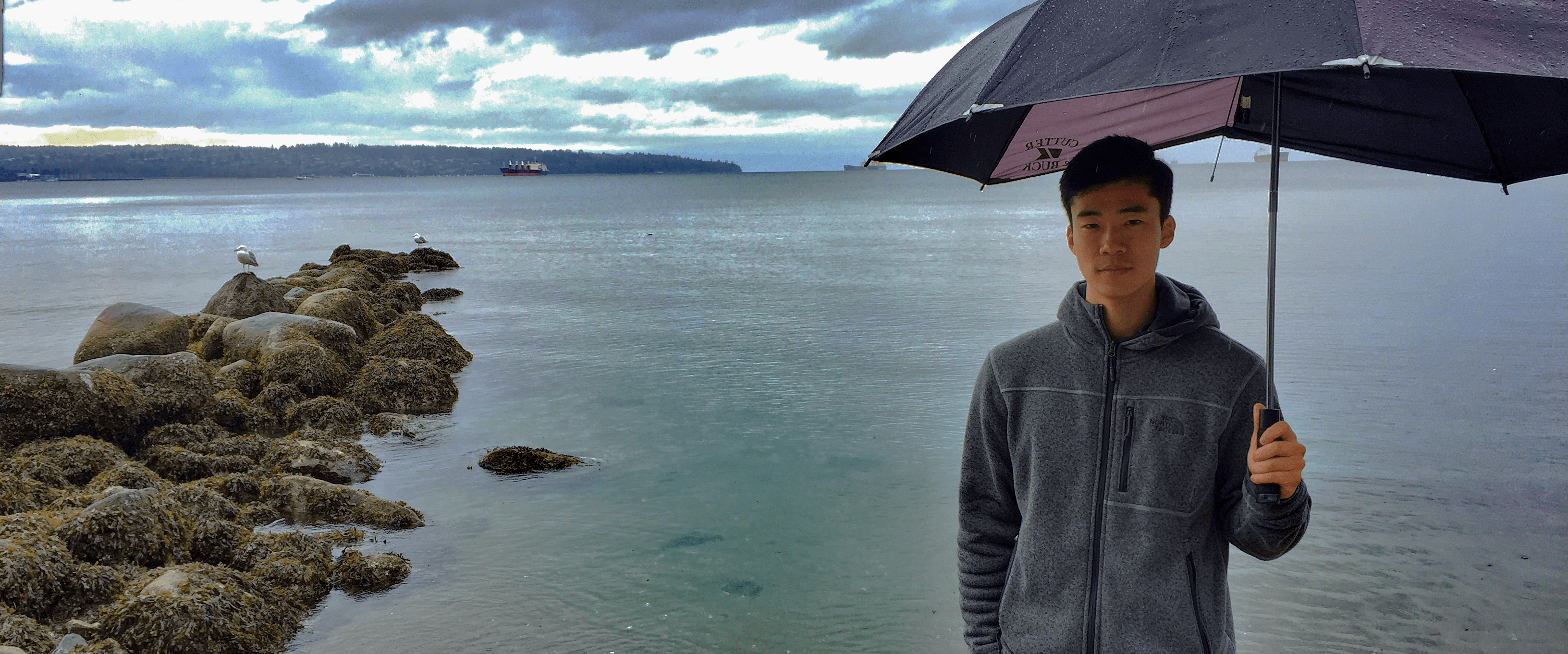My name is Harrison. I do research in the Zheng Lab and I currently work at a cancer therapeutic company, Immune Design. After I graduate I will be attending the University of Michigan to pursue a Ph.D. in biomedical engineering.
I’ve always been surprised at how the fragile the human body can be. After my dad had some health complications, I realized that we don’t have much say in what goes wrong with the human body. I pursued BioE at the UW with the assumption that I would gain the skills and knowledge that I would need to gain some control over the human body in preventing diseases and disease progression.
I was a direct freshman admit to BioE. I came in and I really had no idea or understanding of what pressure people were under to get into majors. I had never experienced failure on a scale that would set me back in life. But the second quarter I was in college I experienced failure in academics, something that mattered long term. I had this guilt that I was taking up a spot in this competitive major when someone else could go on to cure cancer, and I was just kind of wasted space. I considered dropping BioE.
My nature is very competitive and I always want to be the best. Failure was not something I was comfortable with or, what I quickly learned, knew how to deal with. I didn’t feel comfortable in my intellectual merit until spring quarter of junior year. I realized that I didn’t like the path I was heading down and took some time to think about how I spent each day. I reprioritized what was important in life. Before, I was too hung up on the nitty-gritties of the assignments, doing whatever it took to get an extra point on the homework. I guess the thing that really changed senior year was that I tried to focus more on what would best prepare me for my future career, which was looking for work and pursuing extracurricular activities. I realized that focusing more on what would give me those tangible results later in life, which is getting a job where I’m in a position to make meaningful advancements in cancer therapeutics, is worth sacrificing a little bit of time studying. That’s the most important thing that I learned, the change of perspective. Keep everything relative to the big picture of your short- and long-term goals.
At the end of the day, I feel like the best way that I learn is getting thrown in the deep end and forcing myself to learn how to swim. If I didn’t go through BioE core, if I didn’t go through this hard experience, I’m not sure what path I would be on now. I don’t think I would have gotten into any Ph.D. programs, regardless of my major. Being around such high-achieving people in my cohort definitely pushed me beyond what I was comfortable with and helped me mature. It’s something I genuinely appreciate.
I do want to say a little bit about the importance about outreach. I think that it gives you perspective on different lifestyles. It’s easy to get caught up in our own little bubbles, but it’s important to recognize the diversity in the circumstances of others. That’s something I’m trying to work on. It’s also just recognizing that outreach is great way to contribute to the community, utilizing your time and education to help a cause. If we can get every student at the UW to do ten hours of volunteer work, even over the course of a year, that’s a lot. That could really benefit any community — it’s untapped potential.



